This piece was co-authored by experts from Brookings and the Environmental Defense Fund; it is also available here.
The Securities and Exchange Commission (SEC) is considering making important changes in disclosure requirements to reflect the growing recognition that climate change poses significant risks to the U.S. financial system.
This week, hundreds of investors, companies, and concerned Americans responded to the SEC’s request for public input on climate change disclosure.
Recent Brookings analysis co-authored by one of us on the intersection of climate change and financial markets has shown that a significant blind spot for financial institutions is how the physical impacts of a warming world affects assets. But, outside of insurance, relatively little has been said about financial vulnerabilities stemming from extreme weather.
The massive storm that hit Texas in February — known as Winter Storm Uri — highlights the dangers of ignoring the physical risks of climate change. Frigid temperatures and ensuing blackouts led to the deaths of more than 150 people and caused billions of dollars in damages. The blackouts also disrupted dozens of public companies, hundreds of small businesses, and millions of lives, raising a slew of questions for public officials.
In our new report, we focus on one of those questions: What did the financial markets know about the odds and impacts of a storm like this before it happened? Our report looks at SEC regulatory disclosures made by publicly-traded electric utilities and suppliers in Texas, and offers a clear answer: not much.
Even though Winter Storm Uri was foreseeable, and many firms, to varied degrees, had weatherization plans, existing SEC disclosure requirements did not elicit filings that conveyed the good, the bad, and the ugly in preparedness by utilities, power generators, and regulators. The tragic events set in motion by Uri highlight the need for significant improvement. Part of that improvement should come in the form of SEC rules that mandate the disclosure of specific and decision-useful climate information, built on the Task Force on Climate-related Financial Disclosure (TCFD) framework and aligned with leading climate science. Better climate disclosures can help investors analyze, manage, and price climate risk, which can in turn enable companies to embrace further climate resilience measures and therefore mitigate the destruction of extreme events like Winter Storm Uri.
The foreseeability of Winter Storm Uri
To analyze investors’ ability to incorporate the risk of an event like Winter Storm Uri into decisionmaking, we reviewed the 10-K reports of seven companies operating in the Texas power sector: three publicly-traded power generators and four publicly-traded utilities. The SEC requires public companies to file 10-Ks annually to provide investors and the market with details on corporate financial performance. 10-Ks undergird investment decisionmaking and are the bedrock of financial risk evaluation. Because climate change presents clear financial risks to companies, we would expect discussion of climate-related risks to appear in 10-Ks, no different from traditional financial risks. However, they rarely do.
Texas power generators and utilities, in particular, have good reason to address climate-related physical risks in their 10-Ks given both past encounters with extreme weather and increasingly sophisticated climate science and risk modeling available to the electric sector. In 2019, Texas accounted for seven of the United States’ 14 billion-dollar weather and climate disasters. In 2017, Texas faced significant power outages due to torrential rain and intense winds from Hurricane Harvey. In 2011, cold temperatures caused electric failures that impacted 3.2 million Texans, prompting the Federal Energy Regulatory Commission and North American Electric Reliability Commission to issue a report calling for Southwestern power generators and utilities to winterize their operations.
Based on those past environmental disasters and existing climate science, the increased intensity and frequency of extreme weather events like Winter Storm Uri are increasingly knowable to companies, with a level of uncertainty common for many financial risks.
The existing disclosure regime failed to prepare investors for Winter Storm Uri
Despite this foreseeability, existing SEC regulations did not elicit company submissions of specific, useful physical risk information in reviewed 10-K reports. Limited risk disclosures in turn undermine investor decisionmaking and overall market function.
Our research found that 10-Ks considered extreme weather, but only in vague ways — with little connection to impacts of and preparedness for events like Winter Storm Uri. More concerning, 10-Ks framed the freeze as a rare, point-in-time event unlikely to recur. With climate change, however, such events could plausibly become more common or extreme or both.
Moreover, although Winter Storm Uri caused billions of dollars in damage, reviewed 10-Ks were barely altered from previous years, with disclosure practices between 2020 and 2021 near-mirror images of each other. For instance, only 3% of words differed between the 2021 and 2020 climate-related physical risk sections of one major power company’s 10-Ks.
The need to strengthen SEC regulation is made particularly apparent by recent advances in climate science and risk analysis. The SEC should consider, for example, that many firms currently have access not only to large-scale climate models but downscaled projections that indicate company-specific and even asset-specific risks. Consolidated Edison, for example, undertook a Climate Vulnerability Study in 2019 that helped the utility estimate specific climate vulnerabilities. With these tools, companies can learn a lot about their physical risk exposure from year to year, especially after facing extreme weather.
Our finding that 10-Ks failed to incorporate new insights and learning reveals a concerning trend: Current SEC rules do not ask companies to remember key lessons from past weather events nor imagine the potential future impacts of climate change on their businesses. Companies’ collective inability to provide dynamic, useful information to investors highlights the need for new disclosure regulation.
How the SEC can protect investors from future extreme weather events
While we look, in our study, at individual companies, what’s clear is that thin disclosures are an industry-wide phenomenon. Companies’ sparse 10-Ks reflect widespread practices for disclosure, and that’s why the SEC needs to act. Through updated rulemaking, the SEC can help ensure that investors and others are prepared for extreme weather events.
Based on our findings, we encourage the SEC to:
- Require the disclosure of climate-related information that investors and other market participants need to make informed business decisions. Winter Storm Uri shows that existing voluntary disclosure practices do not provide investors with sufficient climate risk information.
- Make mandatory and build on the TCFD framework, recognizing that the current voluntary standards do not ensure specific, decision-useful climate disclosure. Because both TCFD-aligned and non-TCFD-aligned companies in Texas failed to disclose adequate climate information, we believe that SEC regulation should not rely entirely on the TCFD to yield improved disclosure practices.
- Align disclosure requirements with advances in climate science and risk analysis. To ensure that companies imagine the forward-looking ramifications of climate change on their business, disclosure guidelines should keep pace with both macro climate science and more micro innovations in climate risk analysis, both of which continue to evolve.
At last, it seems, the U.S. is getting a lot more serious about climate change. Part of the policy answer lies with the SEC — requiring the disclosure of needed climate information to improve capital allocation and avoid inefficient, and in some cases deadly, market instabilities. Updating disclosure rules to protect investors, companies, and the public is long overdue.
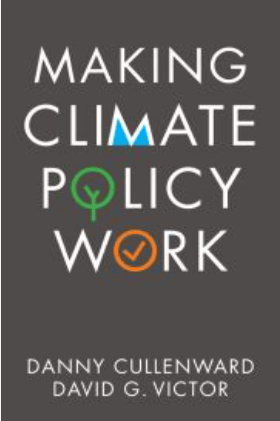
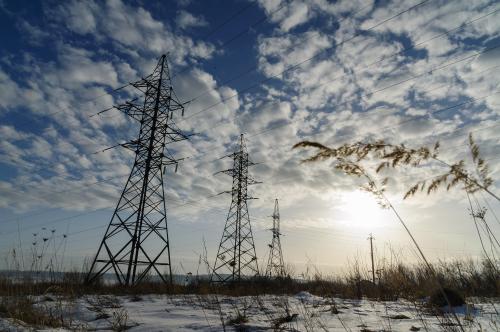
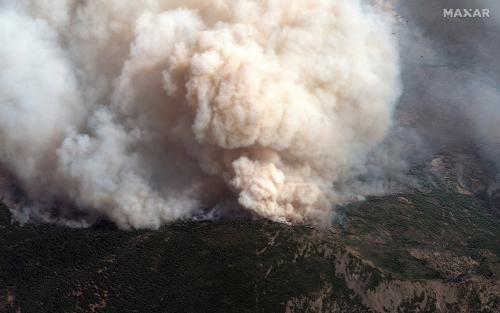
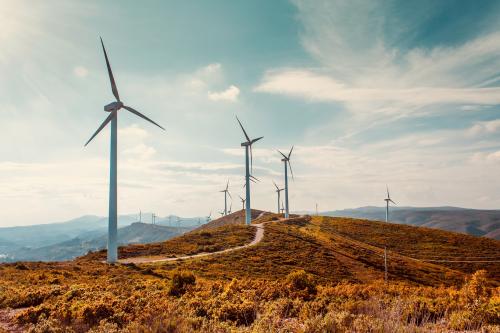



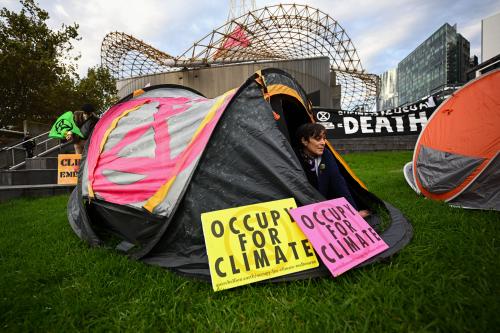
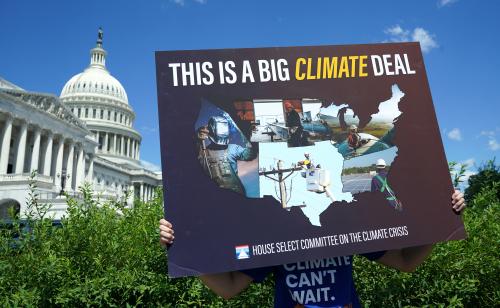
Commentary
How the SEC can protect investors, companies, and the public from another Texas power crisis
June 18, 2021